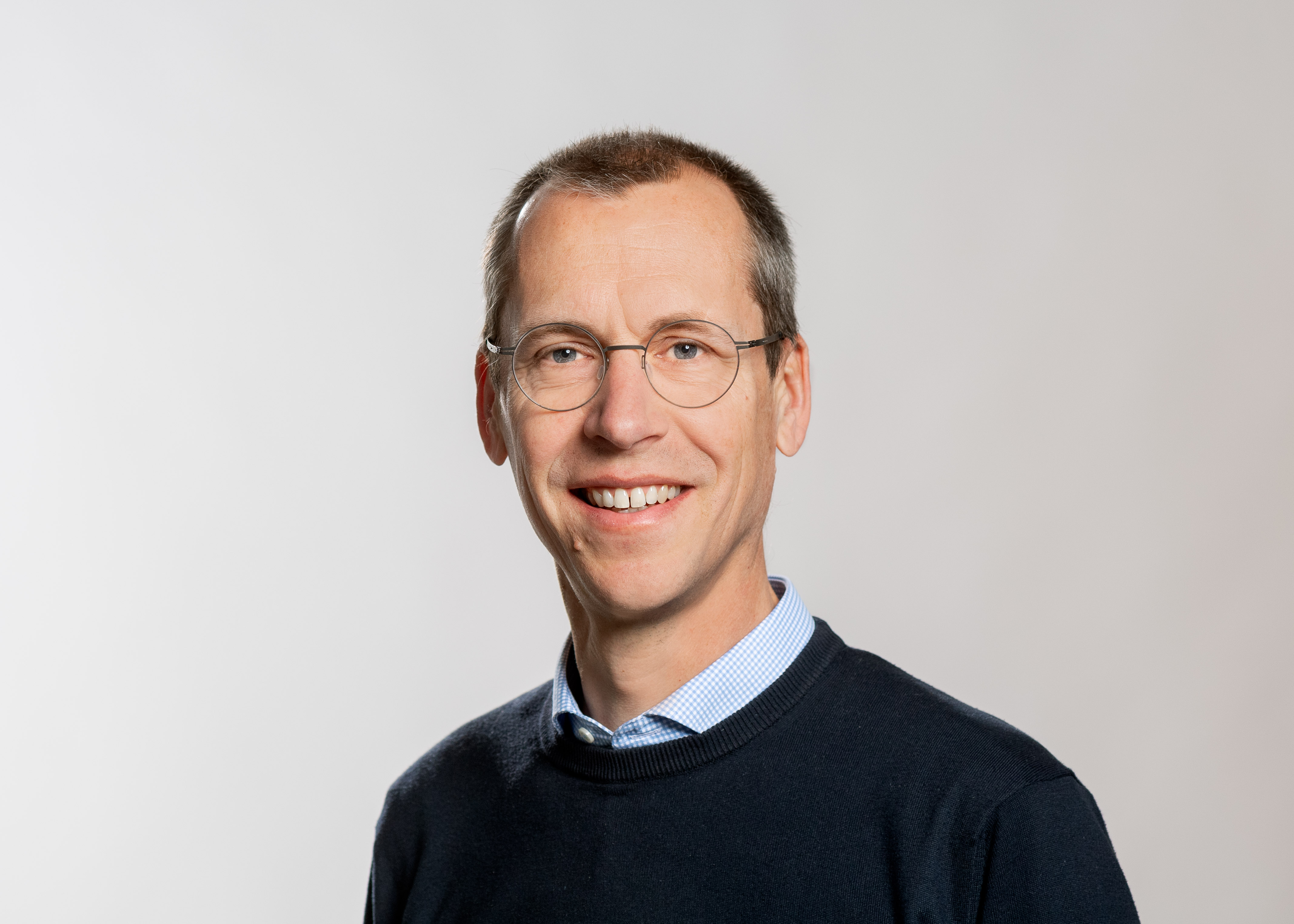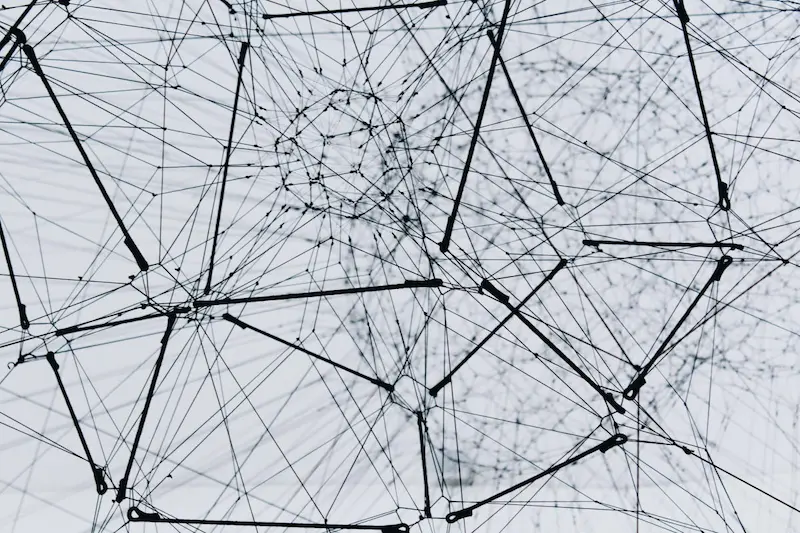
Candidates for the next board of stsing e.V. (2025-2027)
In the following, our seven candidates for the next stsing board are asked to present their interest in stsing briefly. The election period has started, and the formalities were discussed during the general assembly on the 12th of March 2025.
As registered members of the association, you will receive a link to a safe and anonymous online election. According to the association's statutes, the board consists of 7 members, of which 3 should be in the pre-Doc phase of their career. From the elected group, the board chooses its chairs, a treasurer and a vice-treasurer.
The next board will be announced shortly after the election period ends. We warmly thank all candidates for their engagement and care for our community. In case of questions or comments regarding the election process, please contact Lisa, who takes care of this year's election.
Svenja Breuer
I am a pre-doctoral research associate at the TU Munich and the Center for Responsible AI Technologies, with a Master’s in STS and a PhD project on imaginaries of healthcare robotics and AI. My research projects have been highly interdisciplinary, involving collaboration with philosophers, legal scholars, and engineers. I am passionate about fostering interdisciplinary dialogue grounded in STS thought. I see stsing e.V. as both a scholarly anchor and a launching pad: strengthening our disciplinary roots while helping us engage critically and constructively in technoscientific projects. Especially in light of recent developments in science policy around the world, I believe associations like stsing are vital to organizing and sustaining our intellectual community.
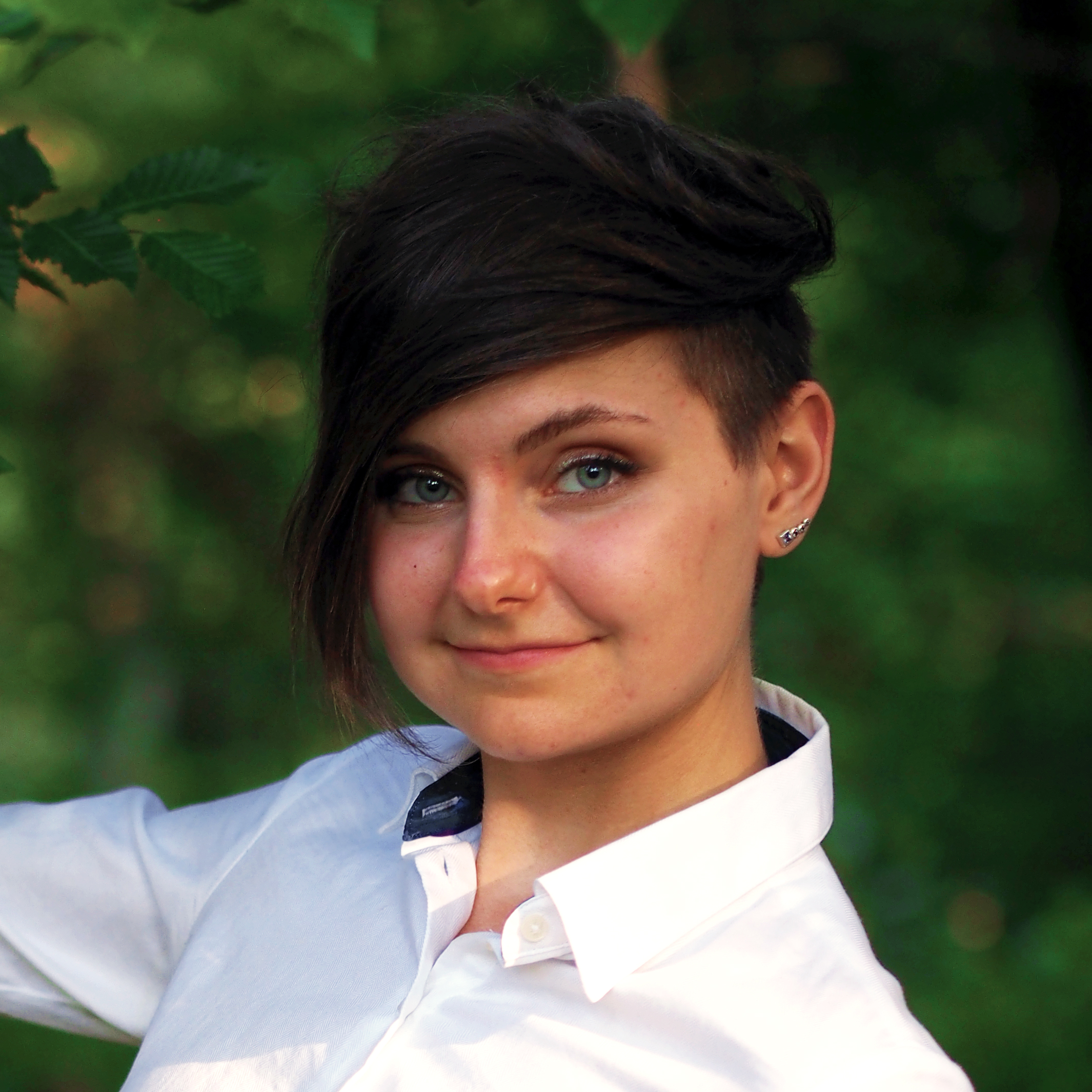
Michaela Buesse
I would like to extend my tenure as a board member to help ensure continuity in the processes we have established, while also advancing interdisciplinary research and exchange formats—particularly through site-specific research studios that bridge disciplinary boundaries. I propose developing a stronger support framework for decentralized working groups and local hubs. These would foster situated initiatives and workshops as an alternative to large, centralized conferences, enabling more responsive and context-sensitive engagement. With a strongly interdisciplinary background, I regularly move between academic and artistic spaces. I see significant value not only in implementing multimodal methods, but also in critically engaging with the affective and political dimensions of technologies of measurement, observation, and modulation. Currently, I am a Postdoctoral Researcher at the Chair of Digital Cultures at TU Dresden and an Associated Investigator at the Cluster of Excellence Matters of Activity at Humboldt University of Berlin. In my own research I am interested in environmental speculations and emerging material and territorial configurations in the context of planetary urbanization and the climate crisis.
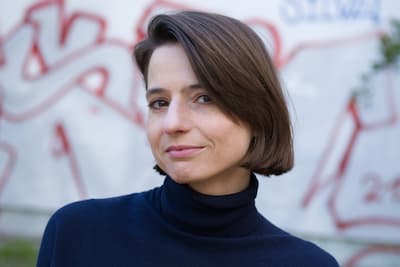
Kristiane Fehrs
I am a doctoral researcher and since this year I am part of the Research Training Group Fixing Futures at Goethe University Frankfurt am Main. Over the past two years, I worked on a research project at TU Dresden that explored hydrogen in the context of the energy transition. In 2024, I was part of the organizing team for the stsing conference Leakage in Dresden. While co-organizing the conference, I began reflecting on questions of accessibility and awareness in academic settings. As a member of the CARE working group, I continue to engage with questions of good relations within academia and I would be glad to contribute with this perspective to the stsing board.
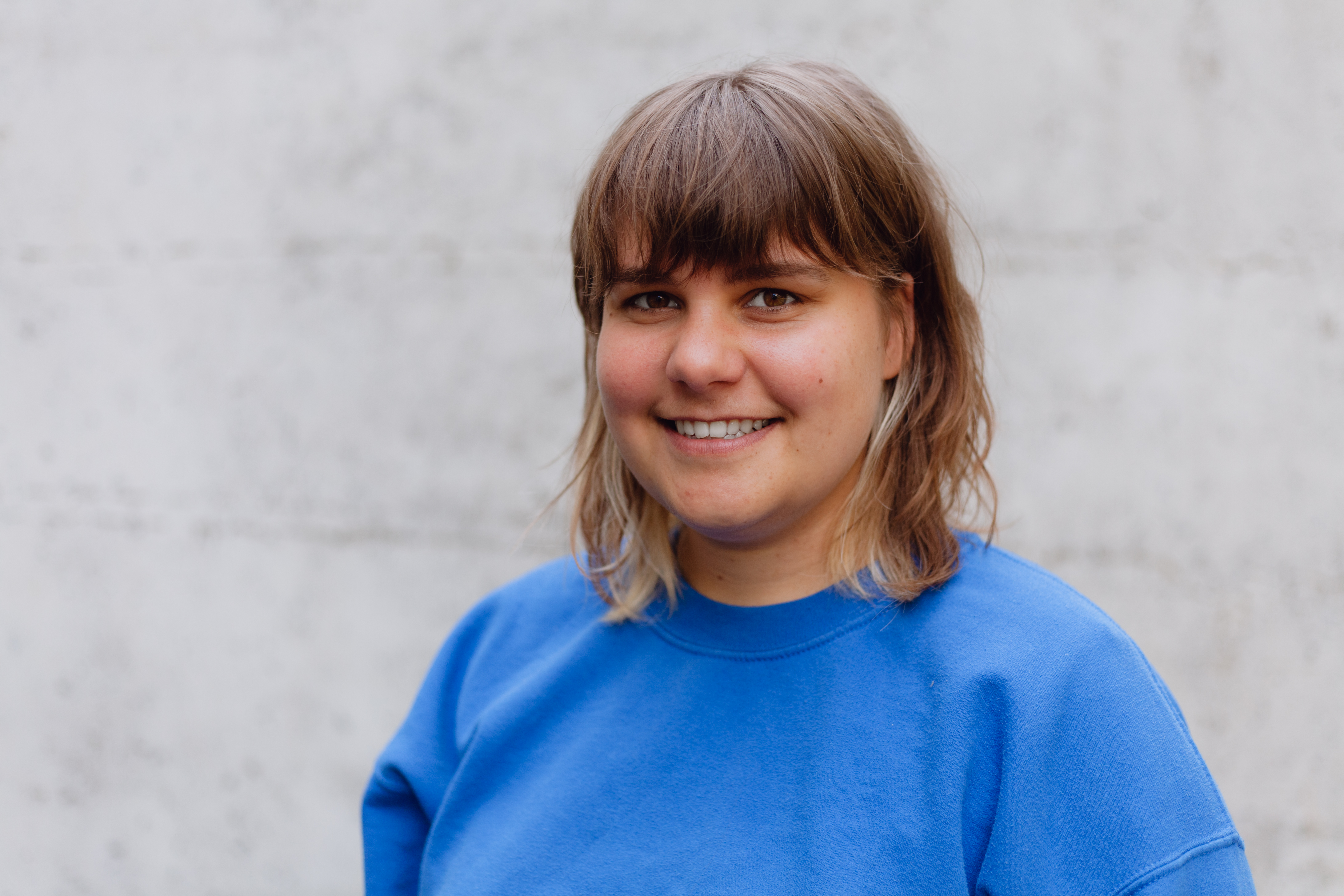
Randi Heinrichs
My name is Randi Heinrichs and I am a postdoctoral researcher at the Centre for Digital Cultures at Leuphana University. With a background in cultural studies, my work sits at the intersection of critical data studies and STS. I explore how sociotechnical systems shape politics of knowledge, researching topics such as digital twins, personalization, anonymity, and data discrimination.
As an interdisciplinary scholar, I value inclusive, collaborative spaces—especially for those navigating institutional margins. My previous engagements with STS have mainly taken place in North American contexts, and I would be excited to contribute to building and expanding such spaces within stsing in Germany. For example, I currently support the development of anti-discriminatory and care-focused practices as a trusted contact person at the CDC, where I help shape formats for dialogue and mutual support.
Building on previous experiences in collectives such as Spheres or ephemera, I would also like to help foster experimental, low-threshold formats for exchange—making it easier to collaborate across disciplines, institutions, and career stages. I see stsing as a vibrant space for such initiatives and would be thrilled to co-develop them further.
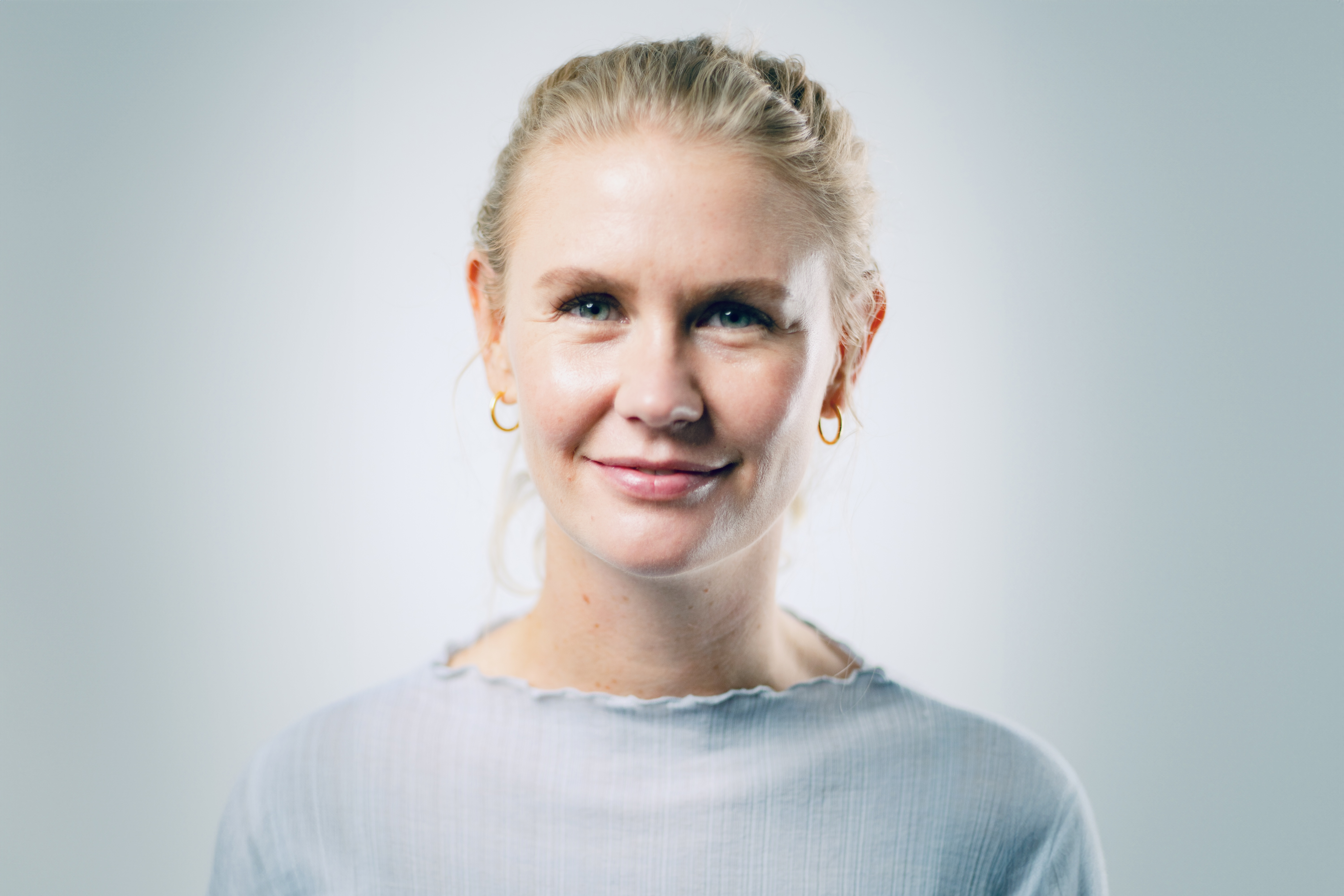
Markus Hoffmann
I am PhD student in the sociology of science at TU Berlin and am working on the relationship between research and the organizations it is organized in. I have been a board member of stsing for almost two years now and have gotten to know our community better through such great events like Leakage and the recent STS-Hub.
I would be happy to continue to contribute to keeping stsing running, both via the administrative work that comes with being an association in Germany and by shaping the direction our future events and efforts may take.
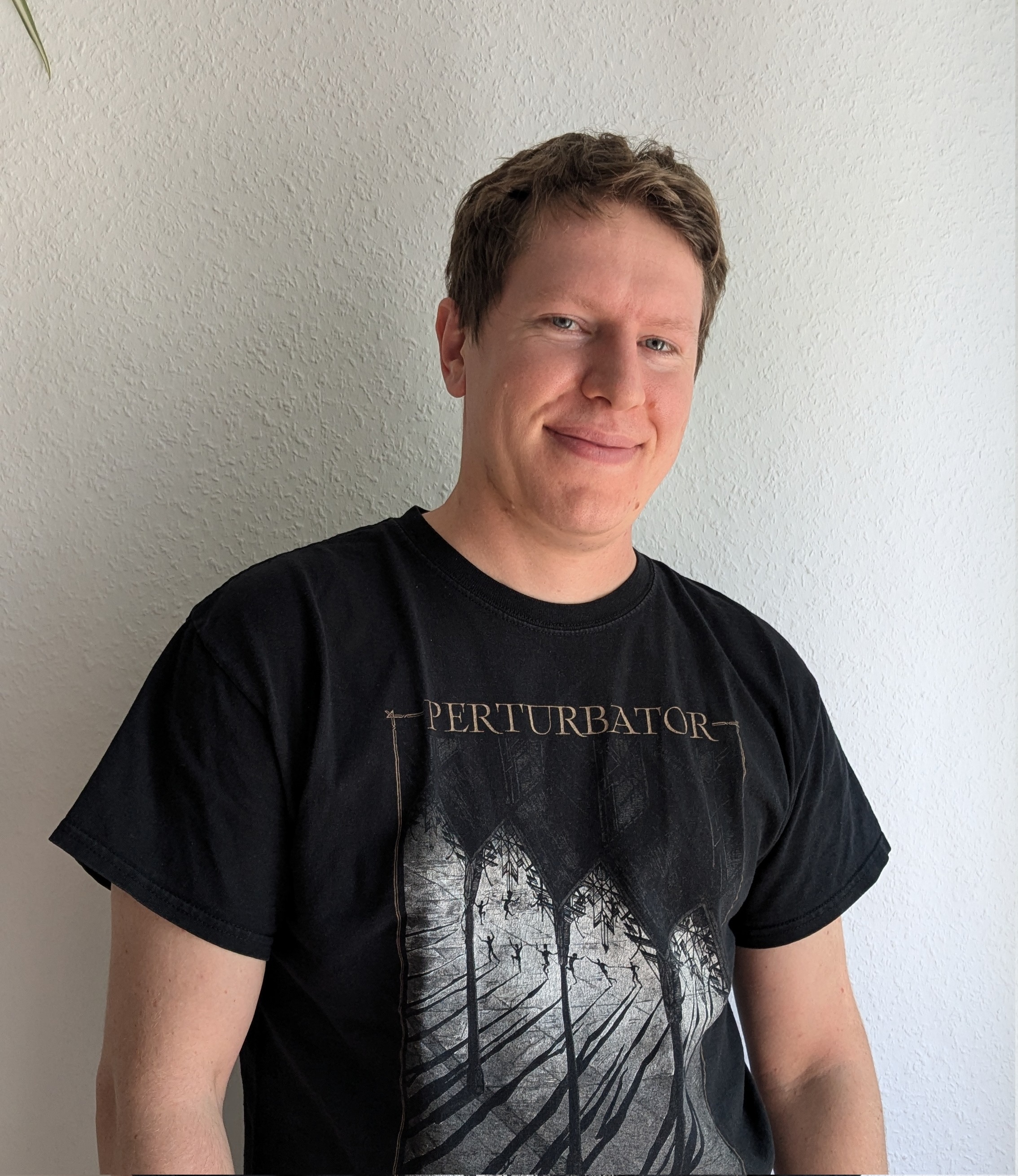
Paula Muhr
I am a visual studies scholar and artist with transdisciplinary interests. Since my PhD, I have worked at the intersections of STS, theory, and practice, examining the epistemic functions of scientific visualisations in neuroscience, medicine, and astrophysics. I collaborate with scholars in the humanities and social sciences, as well as with physicists, computer scientists, artists, neurologists, neuroscientists, psychiatrists, and patients, often in international networks. Together with Lisa Wiedemann and other colleagues, I co-founded the Medical STS working group within stsing. As a board member, I would support inclusive, transdisciplinary spaces and collaborative formats across diverse fields and practices.
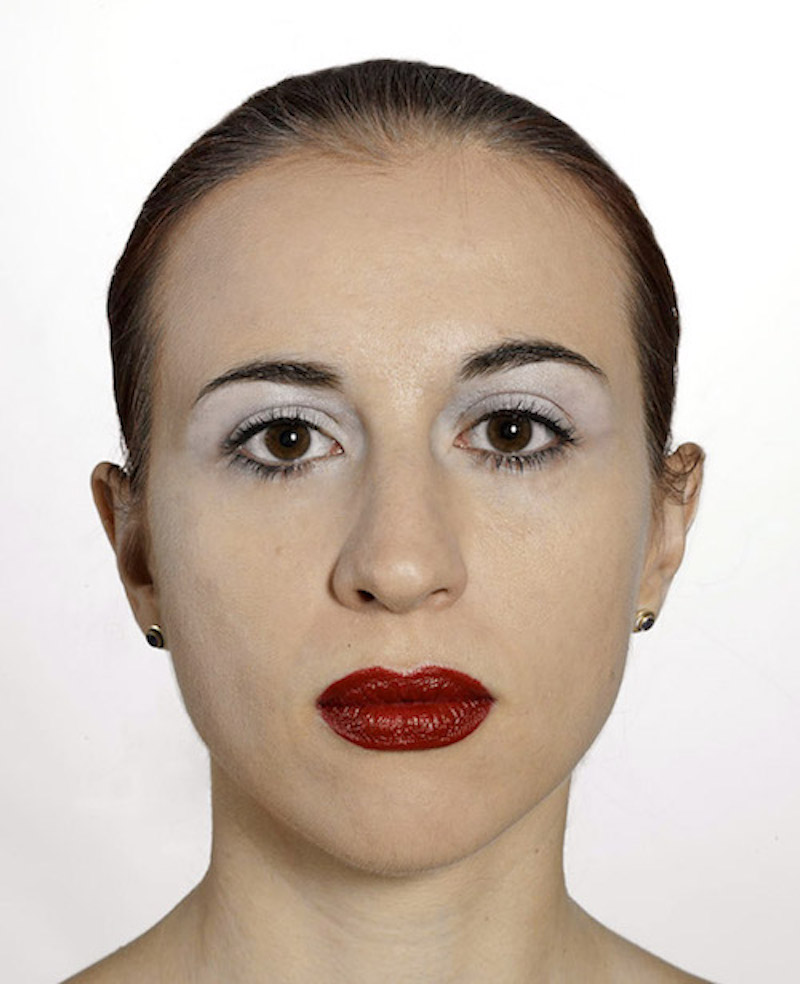
Jörg Niewöhner
My role in stsing e.V., besides contributing to some continuity on the post-doc side, would pertain to three issues: First, I think we can do more to make ourselves visible as a community that delivers services, e.g. reviewing for DFG and other funders. Second, as a member of the TU Munich STS Department, I will throw the department's hat in the ring for hosting the next stshub 2027. As such, I would be on the board as a liaison person between our board and the hub steering group. Third, and probably most importantly, I am still keen for stsing to develop a clearer focus onto substantive work: bringing early career scholars together around empirical work to do some STS middle-range conceptual work; paper writing sprints; methods workshops - to name but the most pressing one's from my vantage point.
